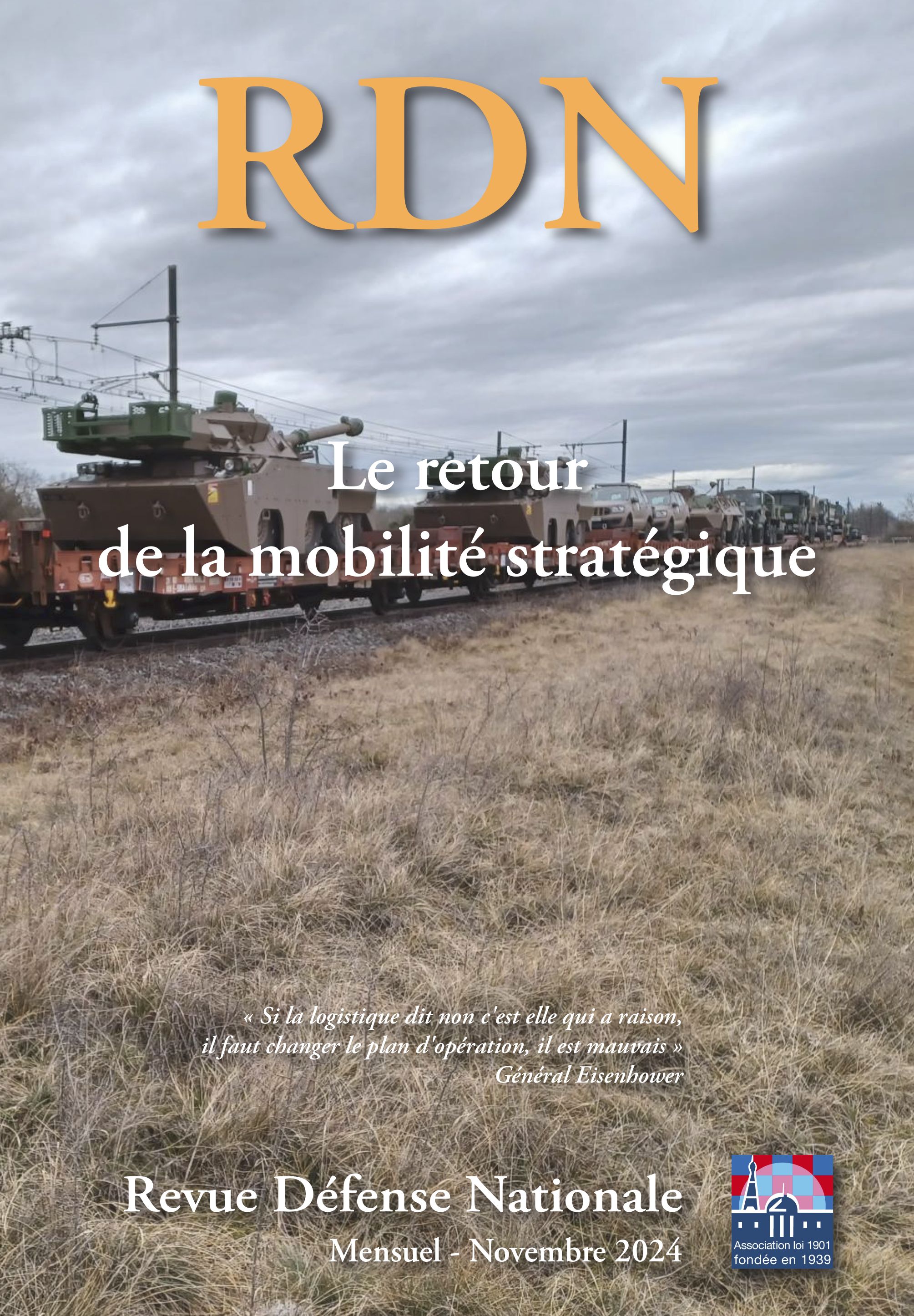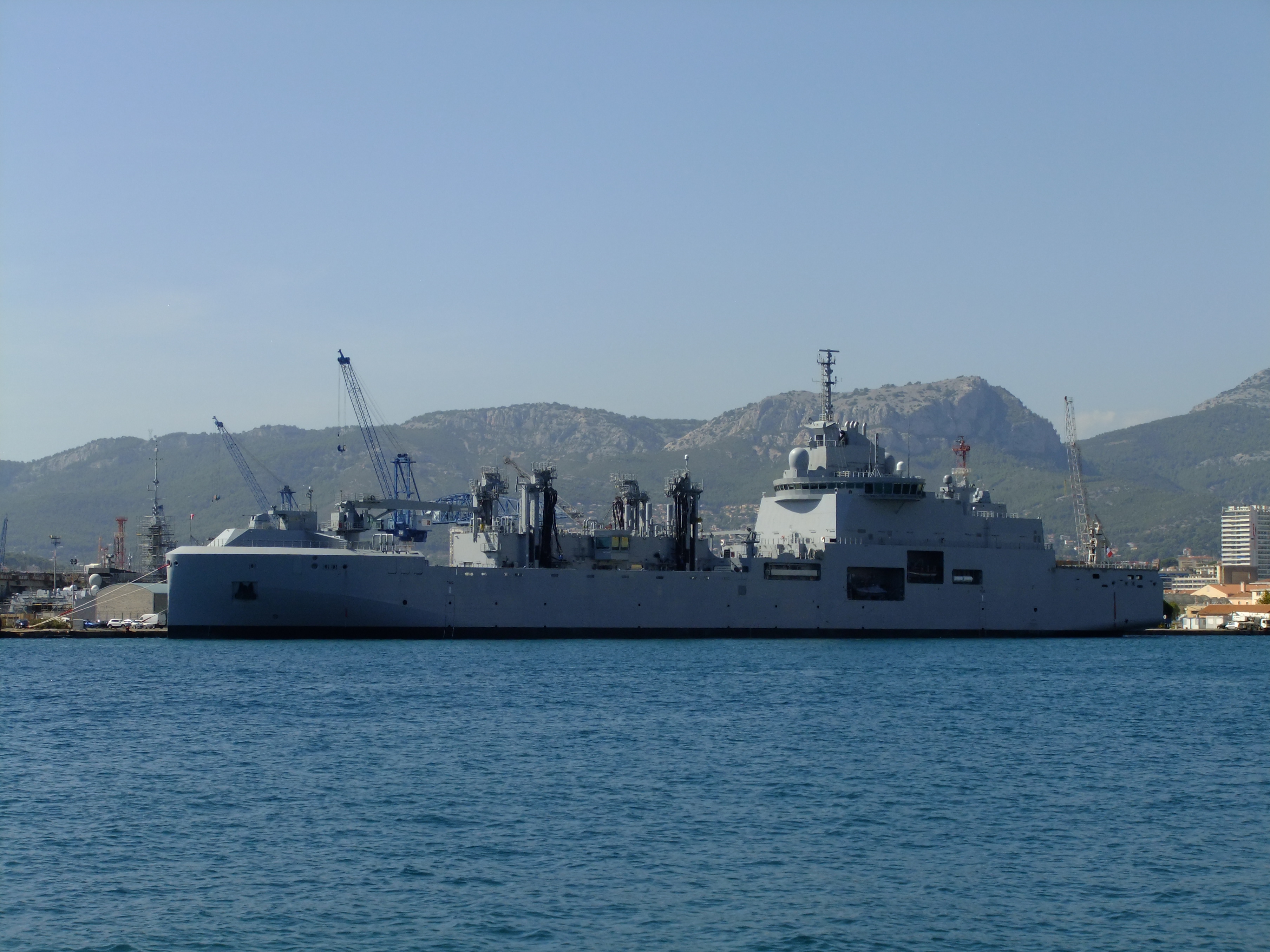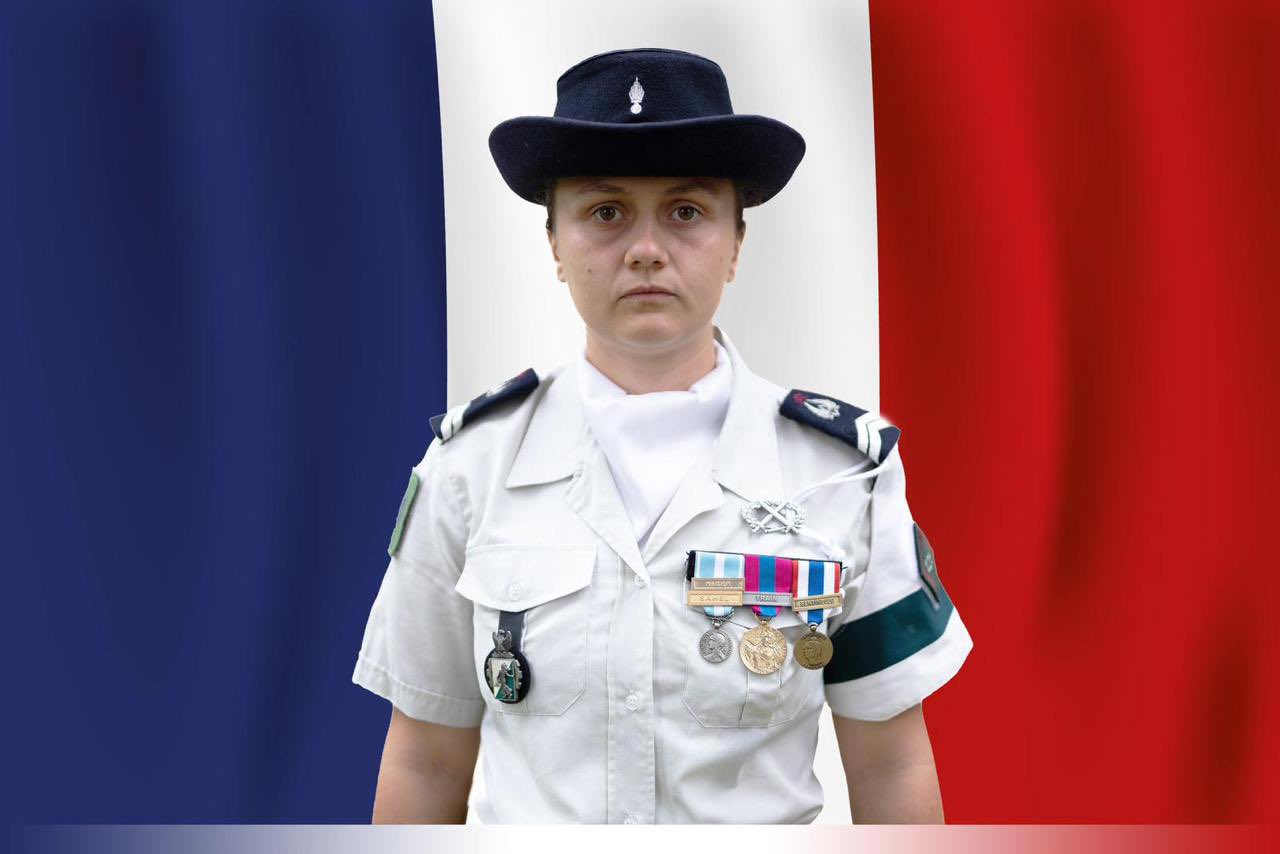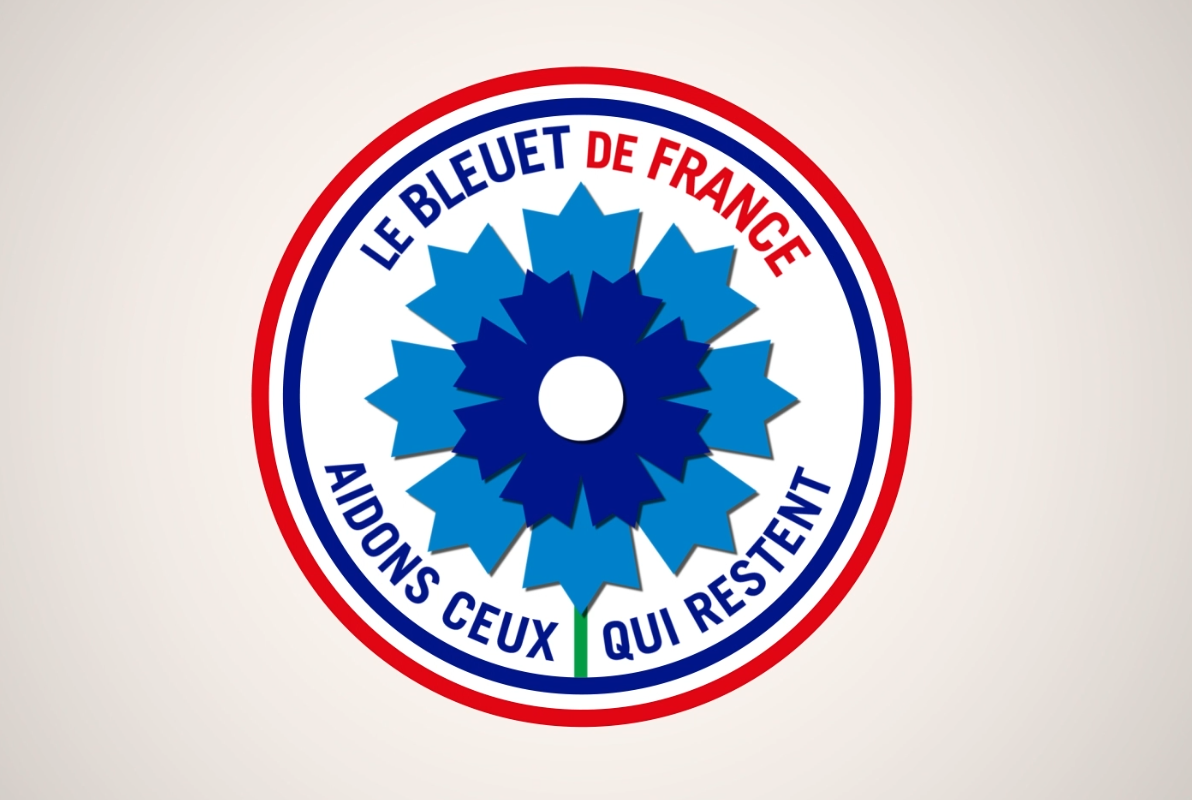By dint of the quality of their training, the men and women of the French Air Force are genuine assets to defence in general, but also to the whole of civil society to which they contribute in terms of the values they develop within their profession.
The Men and Women of the French Air Force
The airman, like his brothers in arms, is first and foremost a combatant, fully aware that his duty may involve the deaths of others, as well as his own. He must face up to difficulties with the same bravery and the same dedication as his illustrious forbears. Both at home and overseas he has to deal with increasingly complex situations, frequently dangerous and with a minimum of notice.
He faces ingenious adversaries who are capable of varying their tactics both in the air and on the ground. In order to meet these threats he needs to possess intellectual, technical and moral dynamism to arm himself for the different challenges which he may have to meet. He also needs to develop the qualities of respect, integrity, service and excellence which will guide him on an everyday basis.
Training to develop values and a sense of mission
For the Air Force, training is a vital element of the quality of excellence that it seeks in order to execute its missions. The technical and human demands of the aeronautical environment form the basic framework of this excellence, and mastery of this framework guarantees the coherence of the Air Force’s everyday activity.
With this in mind we have to bring together three separate aspects of training, which must join to form a coherent whole: training the combatant; training the aeronautical specialist, and the level of skill required. This concept fundamentally shapes an organisational model which is peculiar to the Air Force.
The men and women of the Air Force thus represent a real team with some fifty different skills, who are federated by their joint activity in the third dimension. Whatever their individual responsibilities or their field of activity, they share a unique culture which allows them to work together smoothly and achieve success in their missions.
Their training enables aviators to think for themselves in the midst of doubt and stress, while remaining true to their values. They know how to operate in situations of extreme autonomy which are further complicated by the constraints of individual responsibility. It is always a question of serving, of striving for excellence; this implies a sense of duty and a continuous effort to dedicate one’s efforts to the service of the Nation.
Values which extend beyond the Air Force
Inseparable as they are from the performance of the Air Force, the aviator’s values inspire performance in any organisation.
The technical skills acquired and the qualities developed by aviators (such as rigour, the willingness to accept responsibility, the taste for command, and instructional aptitude) are further elements which can be highlighted as experience-based skills. Greater emphasis should be placed on these values, which are so easily transferable to the wider world of government and business.
At each level of responsibility, from the lowest to the highest, a career in the Air Force can be the key to success in life. An Air Force career can not only be attractive to young French people, but its training can also make an enormous social and economic contribution to the country. A large number of companies recruit their skilled technicians from the Air Force, valuing their wide-ranging professional skills, and many officers possess the management skills and experience so vital to the success of French enterprise, and, where appropriate, to their recovery. For many the Air Force is one of the last places where the social elevator still functions.
In this way, through their education and training, the men and women of the Air Force bring these values to the entire Nation.
Where do we go from here?
Human resource management in the Air Force must pursue its modernisation process. It needs to be particularly flexible, and use training to guarantee that operational objectives are attained while at the same time keeping costs under control.
The Air Force’s mission is characterised by its everyday activities, so vital to the security and defence of the French people; its quick reaction capability is implicit. This is why its personnel must acquire a broad, common base of operational preparation appropriate to these requirements.
In addition, when the most difficult and ambitious missions are demanded of it, such as initial entry to a theatre of conflict, the Air Force must be capable of providing the highest standards of operational preparation for a more limited section of its resources.
Finally, it must be able to undertake long term tasks by careful management of the different training and skill levels of its personnel.
It is a corollary that, in this period of overall force reductions, to be able to call on reservists to fill the gaps when generating forces is essential to operational flexibility. The objective of a size of reserve force that was set out in the last Livre blanc (2008), has not been achieved. It is vitally important to implement a coherent overall policy which encourages enterprises to commit themselves to supporting national defence, and defines appropriate financial arrangements to recognise the economic value of the reservists to civil society.
Modernity is also a synonym for the ability to escape from the straitjacket of regulations which have hitherto constrained the career management of our officers and NCOs. It is vital to be able to change the specialisation of our personnel in mid-career. Adopting this organisational model means we need to think seriously about the training and direction of senior officers into one of two streams: towards senior command appointments for some, or towards their transfer to other government departments or industry for others.
*
* *
The Air Force gives France a remarkable military tool which is has a firm eye on the future. It has a rich supply of dedicated personnel, and exemplary motivation. Widely dispersed in many different stations, it is composed of French citizens who are proud of their commitment to serving their country, whose colours they hold high. The Air Force continues to give them the high quality training which allows them to serve the Nation at the highest level. In return, the benefits to the Nation go way beyond the mere results of operational tasking. ♦







